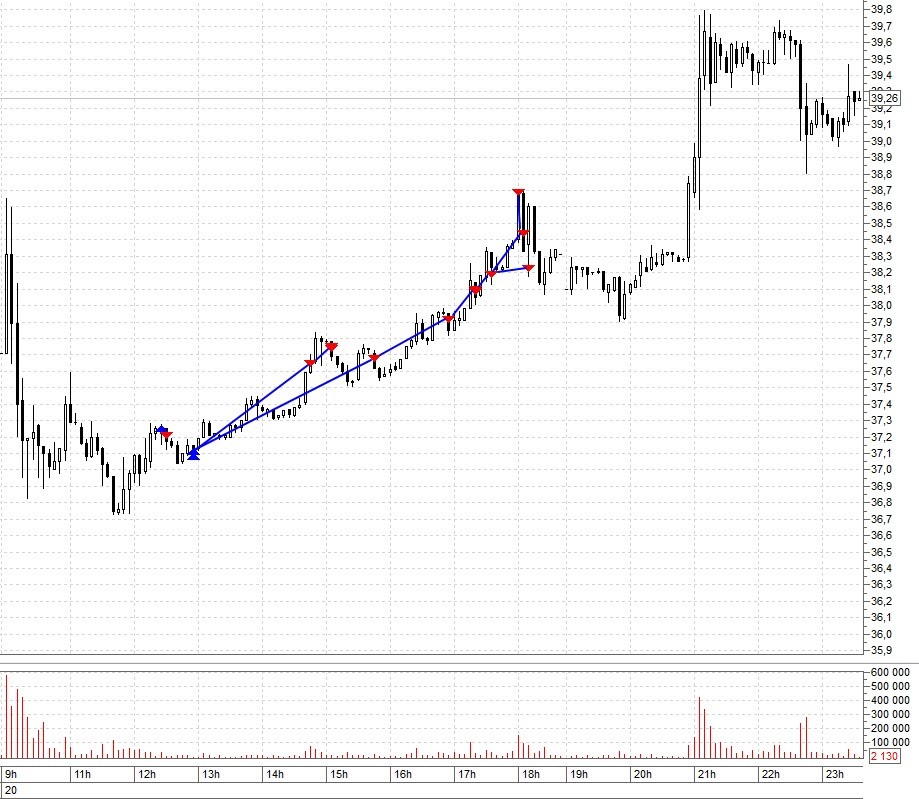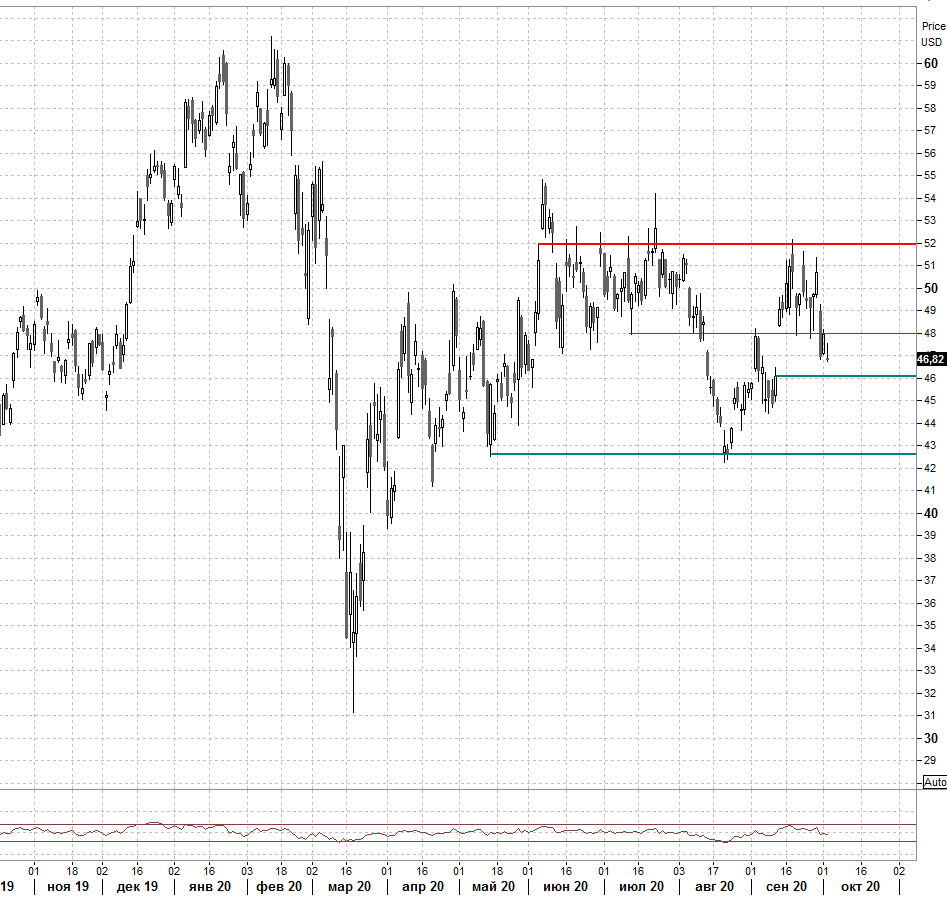How to control fear and greed in forex trading
Emotional control is crucial in the rapid and unpredictable world of Forex trading. Traders often experience intense emotions, such as fear and greed, that can greatly impact their decision-making abilities. Fear frequently appears in the form of reluctance, leading traders to doubt their strategies and overlook possible opportunities. This feeling may result from the worry of losing money, fluctuating market conditions, or previous bad encounters. However, the desire for quick profits motivates traders to take impulsive and excessive risks fueled by greed. Being greedy may result in excessive trading, neglecting risk management strategies, and prolonging positions in anticipation of higher profits.
Failure to properly control both fear and greed can lead to significant monetary losses. Fear could lead traders to close positions early, missing out on potential profits due to not approaching trades with a calm mindset. On the other hand, greed can result in substantial losses, as traders might pursue impractical profits without weighing the possible risks. These emotional reactions impact both single trades and impede overall trading success by encouraging erratic and illogical behavior.
Understanding the role of fear and greed in trading
Fear in trading is the apprehension or anxiety that arises from the possibility of financial loss. It can manifest in various forms, such as the fear of losing capital, the fear of missing out (FOMO), or the fear of making wrong decisions. This emotion can paralyze traders, leading them to exit trades prematurely, avoid taking risks, or make conservative decisions that limit their potential gains.
Greed, on the other hand, is the excessive desire for profits. It drives traders to take on unnecessary risks, hold onto winning trades for too long, or chase after quick profits without a sound strategy. Greed can cloud judgment, resulting in impulsive actions that often lead to significant losses.
The impact of fear and greed on trading decisions is profound. Fear can cause traders to second-guess their strategies, leading to inconsistent and erratic behavior. Greed can push traders to overtrade or ignore risk management rules, exposing them to greater financial risk. Both emotions can disrupt the logical and disciplined approach required for successful trading.
Psychologically, these emotions are linked to cognitive biases and emotional triggers. Fear is often associated with loss aversion, where traders feel the pain of losses more acutely than the pleasure of gains. Greed is linked to overconfidence and the illusion of control, where traders believe they can predict market movements accurately.
How to control fear in forex trading
Fear in Forex trading can stem from several sources. One of the primary causes is loss aversion, the tendency to prefer avoiding losses over acquiring equivalent gains. This bias can make traders overly cautious, leading to missed opportunities. Market volatility is another significant cause; the rapid and unpredictable price movements can create anxiety and hesitation. Additionally, a lack of confidence in one's trading abilities or strategies can exacerbate fear, making it difficult to execute trades decisively.
To manage and control fear, traders can employ several strategies. Developing a solid trading plan is essential. A well-structured plan outlines entry and exit points, risk tolerance, and criteria for trade execution, providing a clear roadmap that reduces uncertainty and anxiety. Setting realistic goals and expectations helps traders stay grounded and avoid the pressure of unrealistic performance targets, which can heighten fear.
Utilizing risk management techniques is crucial for mitigating fear. This includes setting stop-loss orders to limit potential losses and diversifying investments to spread risk. By knowing that their risk is controlled, traders can trade with more confidence. Maintaining a trading journal is also beneficial. Recording trades and the emotions experienced during each trade helps traders identify patterns in their behavior and understand how fear impacts their decisions. Reviewing this journal regularly allows traders to learn from past experiences and develop strategies to manage fear more effectively.

How to overcome greed in forex trading
Greed in Forex trading can be driven by several factors. Overconfidence is a common cause, where traders believe their success is guaranteed and take on excessive risk. This often leads to aggressive trading and disregard for risk management principles. Chasing profits, or the relentless pursuit of quick gains, can also fuel greed. This mindset encourages traders to overtrade, enter positions without proper analysis, and hold onto winning trades for too long in hopes of higher returns. Additionally, a lack of discipline can exacerbate greed, as traders fail to stick to their strategies and succumb to impulsive decisions.
To manage and overcome greed, traders can implement several effective strategies. Setting and adhering to trading limits is fundamental. By defining maximum acceptable losses and gains for each trade, traders can prevent excessive risk-taking and ensure they exit positions at appropriate times. Focusing on long-term goals rather than short-term gains helps shift the mindset from immediate gratification to sustainable success. This perspective encourages more strategic and calculated trading decisions.
Practicing patience and discipline is crucial for overcoming greed. Traders should wait for high-probability setups and avoid the temptation to enter trades impulsively. Using automated trading systems can also be beneficial. These systems execute trades based on predefined criteria, removing emotional influence and ensuring that trading decisions are consistent and rational.

Practical tips for balanced trading
Achieving balanced trading requires a combination of knowledge, discipline, and support. Continuous education and staying informed are critical components. The Forex market is dynamic, influenced by economic data, geopolitical events, and market trends. Regularly updating your knowledge through reputable sources, such as financial news, economic reports, and trading courses, ensures you are equipped to make informed decisions.
Developing a routine and sticking to it is another essential practice. A structured routine helps maintain discipline and consistency, reducing the likelihood of impulsive decisions driven by emotion. This routine should include regular market analysis, reviewing trading plans, and assessing past trades. Consistency in your approach builds confidence and helps in managing emotional responses to market fluctuations.
Seeking mentorship or joining trading communities can provide valuable support and insights. Experienced mentors can offer guidance, share strategies, and help you navigate the complexities of Forex trading. Engaging with trading communities allows for the exchange of ideas, experiences, and advice, fostering a collaborative learning environment.
Using technology and tools to aid in decision-making can enhance your trading performance. Trading platforms with advanced charting tools, automated trading systems, and risk management features can help you execute trades more efficiently and with greater precision. These tools can also provide real-time data and analytics, enabling you to make well-informed decisions based on current market conditions.
Case studies
Examining real-life examples of traders who have successfully controlled fear and greed can provide valuable insights and practical lessons. One such example is that of Warren Buffett, the legendary investor and CEO of Berkshire Hathaway. Buffett's disciplined approach and emotional control have been key to his long-term success in the financial markets. He is known for his patience, long-term perspective, and adherence to his investment principles, regardless of market conditions.
Buffett's personal approach includes a strong emphasis on thorough research and understanding of the businesses he invests in. He focuses on companies with strong fundamentals and avoids speculative investments. This approach minimizes the impact of market volatility on his decisions, reducing the likelihood of fear-driven actions. Additionally, Buffett maintains a rational and calm demeanor, even during market downturns, exemplified by his famous saying, "Be fearful when others are greedy and greedy when others are fearful."
Another notable example is Paul Tudor Jones, a successful hedge fund manager. Jones emphasizes the importance of preserving capital and controlling emotional impulses. During the 1987 stock market crash, Jones predicted the downturn and made substantial profits by staying calm and sticking to his risk management plan. His experience underscores the significance of having a solid trading plan and the discipline to follow it, even during market turbulence.
The lessons learned from these traders highlight the importance of emotional control in trading. Livermore's use of a trading journal to track emotions and decisions helped him understand his psychological triggers and refine his strategies. Jones' focus on capital preservation and disciplined execution during high-stress situations demonstrates the value of having a well-defined risk management plan.
Conclusion
In conclusion, controlling fear and greed is crucial for achieving success in Forex trading. Emotional discipline is not just an abstract concept but a practical necessity in the volatile Forex market. Fear can lead to missed opportunities and overly cautious trading, while greed can drive impulsive decisions and excessive risk-taking. Both emotions, if left unchecked, can significantly undermine a trader's performance and lead to substantial losses.
Implementing the above-mentioned strategies requires dedication and practice. By developing a comprehensive trading plan, setting realistic goals, and utilizing tools like trading journals, traders can better manage their emotions. Learning from successful traders' experiences can inspire and guide others in achieving emotional control and consistent success in the Forex market.
Staying informed, developing a routine, seeking mentorship, and leveraging technology are practical tips that can help traders maintain emotional balance. Real-life examples of successful traders, such as Warren Buffett and Paul Tudor Jones, demonstrate the importance of emotional control and provide valuable lessons.
By practising emotional discipline and continuously refining their strategies, traders can improve their decision-making processes and achieve more consistent results.


